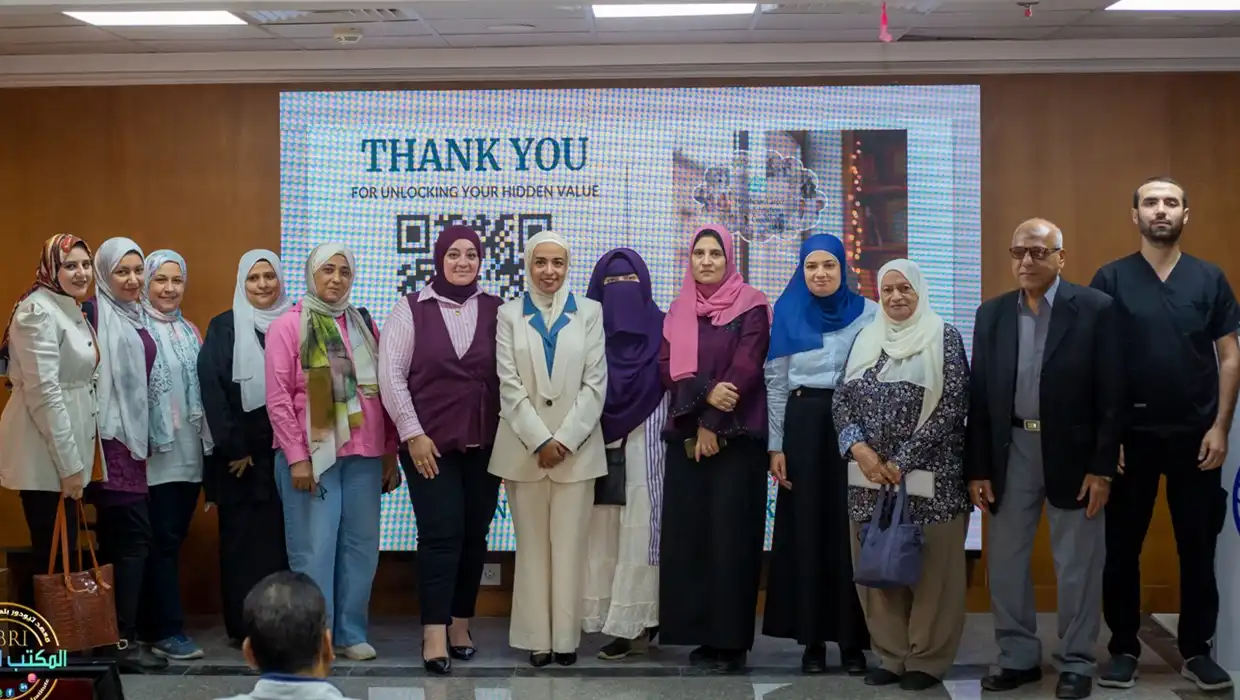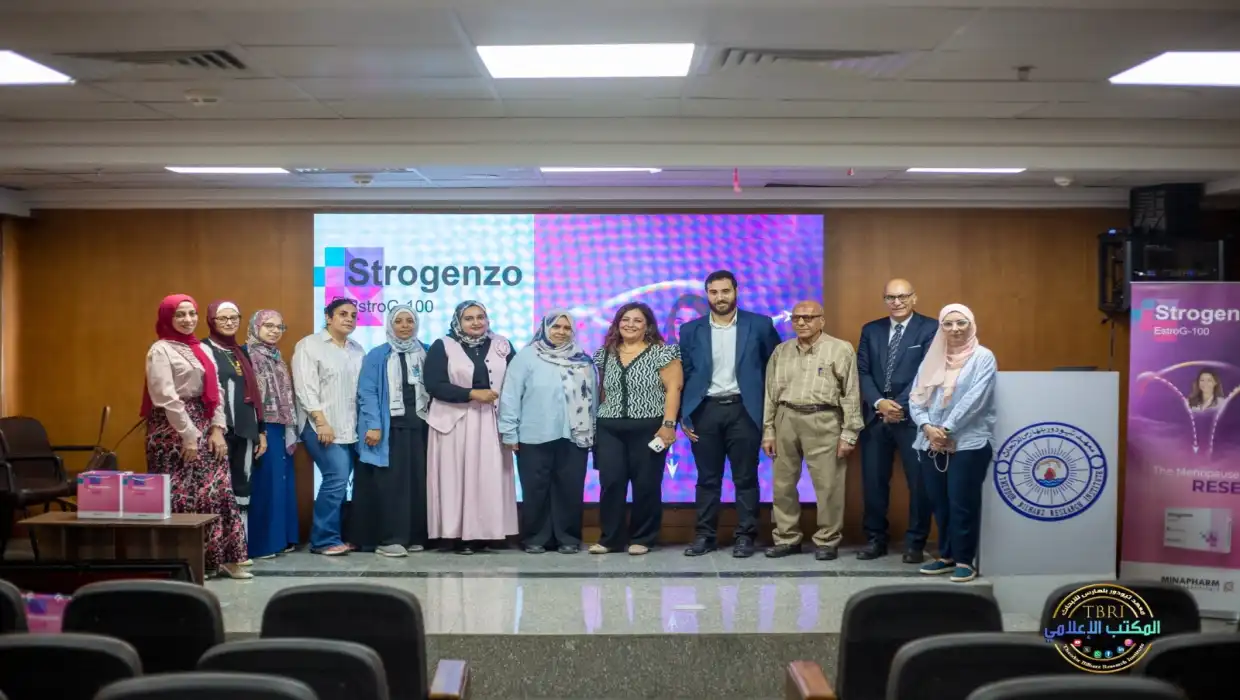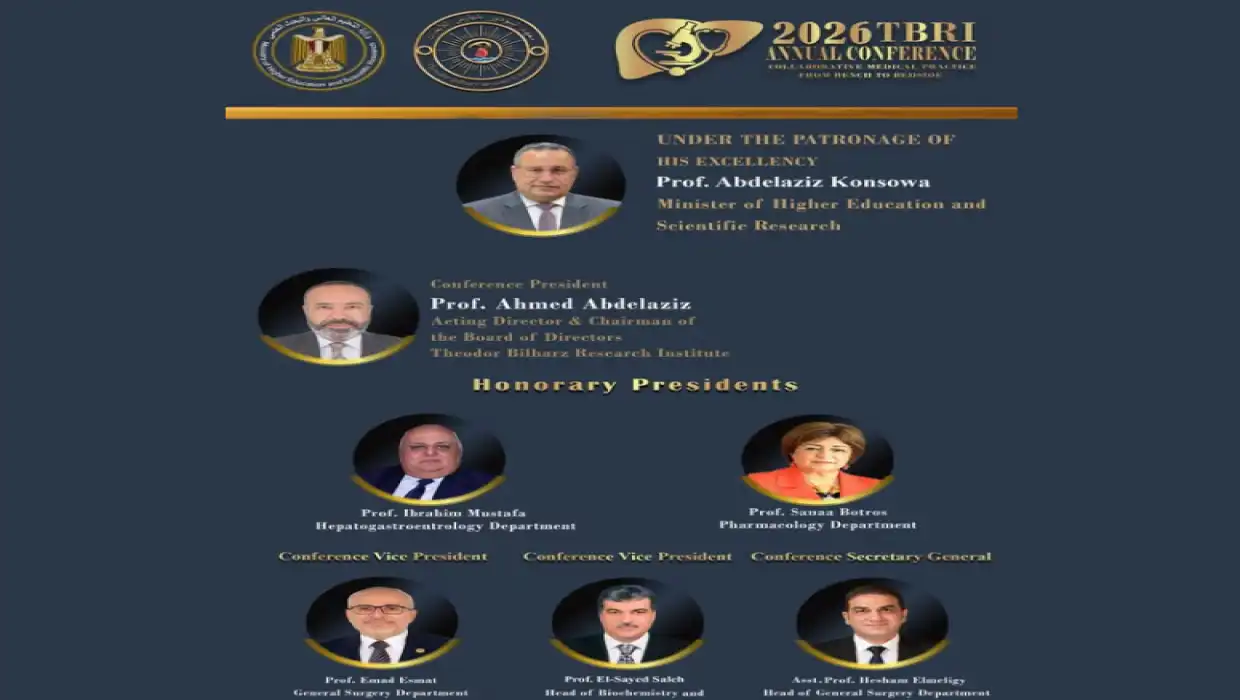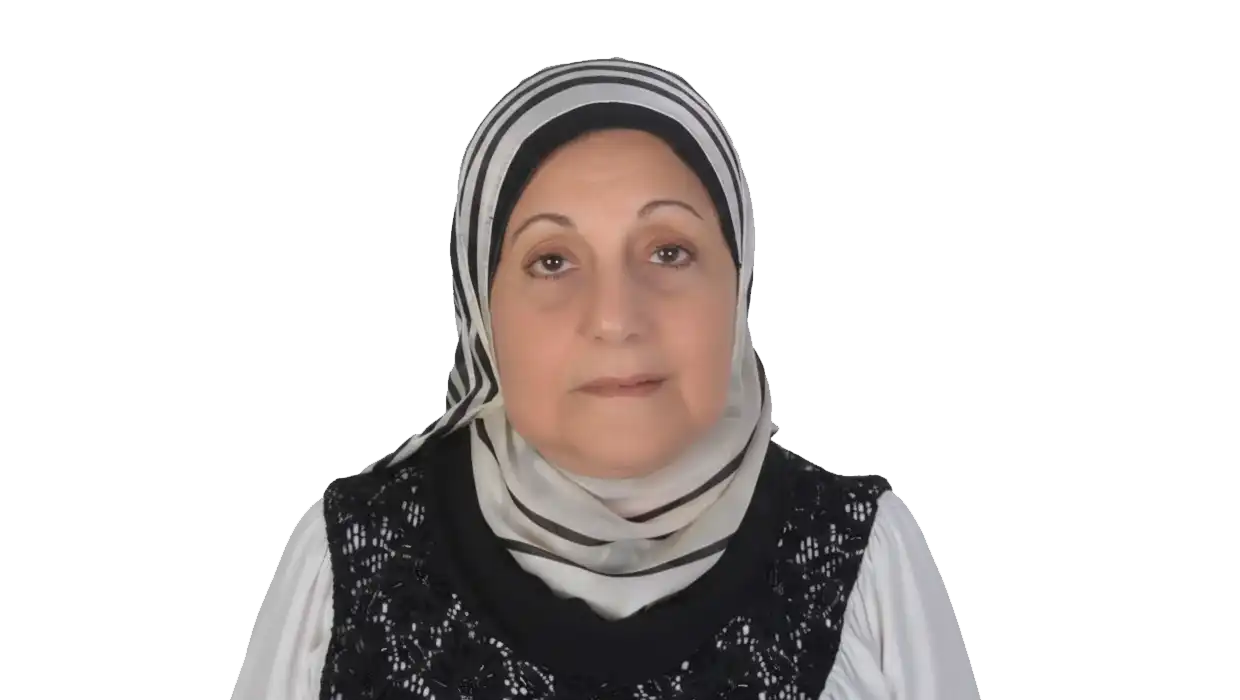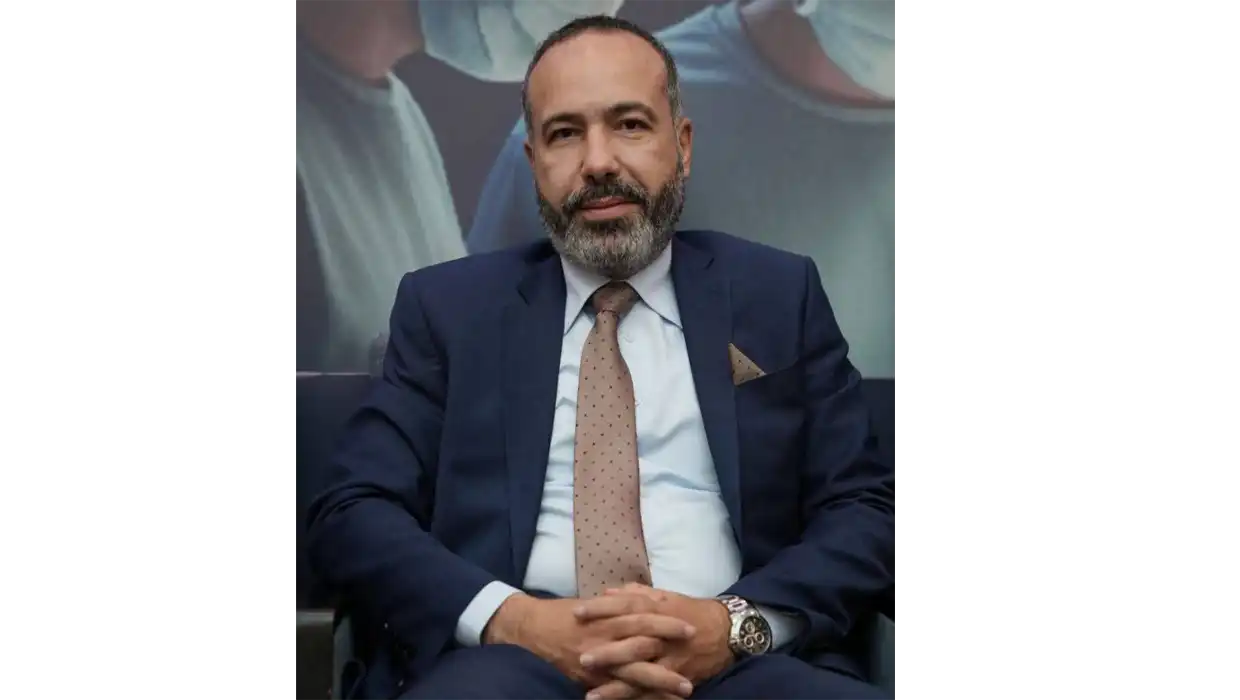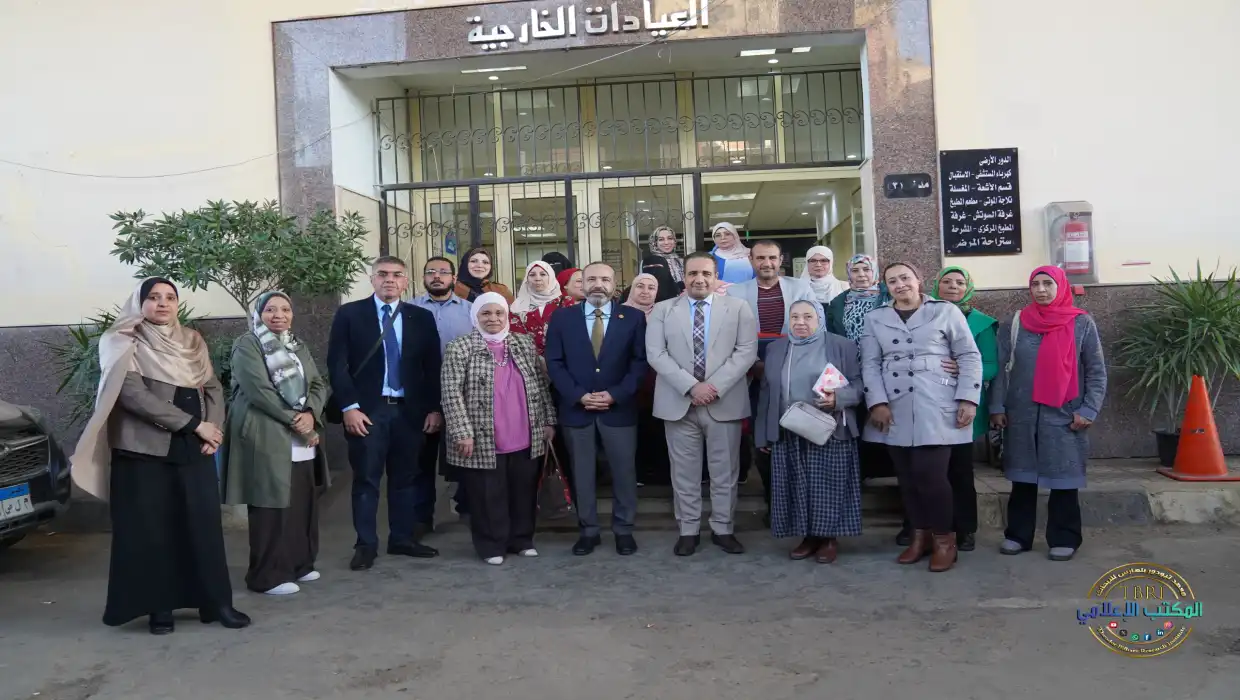TBRI Unveils The Hidden Value in Healthcare Career: Non-Clinical Skills That Shape Professional Excellence
In an era where rapid transformations are reshaping the global healthcare landscape, and where the roles of physicians and researchers are evolving from mere practitioners to leaders of change and creators of impact, Theodor Bilharz Research Institute (TBRI) continues to fulfill its mission of supporting the professional development of healthcare workers by promoting non-clinical skills as one of the most essential pillars of success in modern healthcare.
Under the patronage of Prof. Ahmed Abdel Aziz, Director of the Institute and Chairman of the Board, TBRI organized a lecture titled “The Hidden Value: Using Non-Clinical Skills to Accelerate Your Healthcare Career.” The session was delivered by Dr. Eman El-Zomor, Career Transformation Coach for Healthcare Professionals, and moderated and supervised by Dr. Hagar Fathy Abdel-Maksoud, Assistant Professor in the Department of Parasitology. The event was attended by a large number of physicians, researchers, and members of medical teams from various specialties, opening new horizons for participants to discover the hidden value within their profession.
The lecture addressed the modern concept of the future of medical careers, emphasizing that the true value of healthcare professionals extends beyond scientific or clinical expertise to include non-clinical skills such as problem-solving, leadership, and effective communication—fundamental elements of excellence in any career path. It highlighted that a doctor’s or researcher’s true value is not measured by knowledge alone, but by their ability to interact, manage, and lead change—skills that create the real distinction between one professional and another.
Dr. El-Zomor explained that healthcare professionals often fall into a “professional identity trap,” where they attach their identity solely to scientific expertise without adapting to modern shifts. She stressed the importance of embracing change, continuous development, and investing in oneself as the most meaningful investment in one’s career.
She presented a six-part model that outlines the career pathway for healthcare workers:
Education, Leadership, Communication, Presence & Team Interaction, Strategy, and Transformation.
She noted that one of the biggest challenges facing the healthcare sector is weak communication—within medical teams and with patients—which limits the efficiency of care. She called for adopting a culture of active listening, social and emotional intelligence, and positive self-expression. She emphasized that professional transformation is not merely a job shift but a journey of passion and growth, which may include studying new fields such as management, quality, leadership, and governance.
She added that a doctor or researcher can move from helping a limited number of patients to becoming a leader who sets strategies that create wide-scale impact across entire healthcare institutions. The lecture concluded with a clear message: real transformation in healthcare begins within the individual—through self-awareness, readiness to grow, and the courage to change.
The event witnessed strong engagement from attendees, who stressed the importance of such sessions in redefining healthcare career paths and giving professionals deeper insight into their human and leadership roles within the system. Such initiatives represent a genuine step toward building medical teams capable of adapting to change and shaping a better future for healthcare in Egypt.
In a statement, Prof. Ahmed Abdel Aziz, Director of TBRI, affirmed that developing non-clinical skills among healthcare workers has become a top priority for medical and research institutions, as these skills form a fundamental pillar of a modern healthcare system capable of meeting future demands. He noted that the Institute is committed to empowering medical and research staff by equipping them with leadership, management, and effective communication skills—enhancing their ability to improve the quality of health services and achieve professional excellence.
He added that conscious career transformation has become a national necessity in light of global shifts in the concept of the medical profession. The doctor or researcher is no longer just a scientific practitioner but a leader of change and a maker of health policies and strategies. He emphasized that investing in the development of these skills is the smartest and most sustainable choice for the Egyptian healthcare system, as it directly enhances team performance and institutional efficiency in serving patients and society.
Prof. Abdel Aziz concluded by reaffirming the Institute’s commitment to its mission of supporting the professional and human development of healthcare workers. He emphasized that building a generation of doctors and researchers equipped with knowledge, leadership, and the ability to drive change is the true pathway toward a comprehensive healthcare system worthy of Egypt’s leadership in medicine and scientific research.



